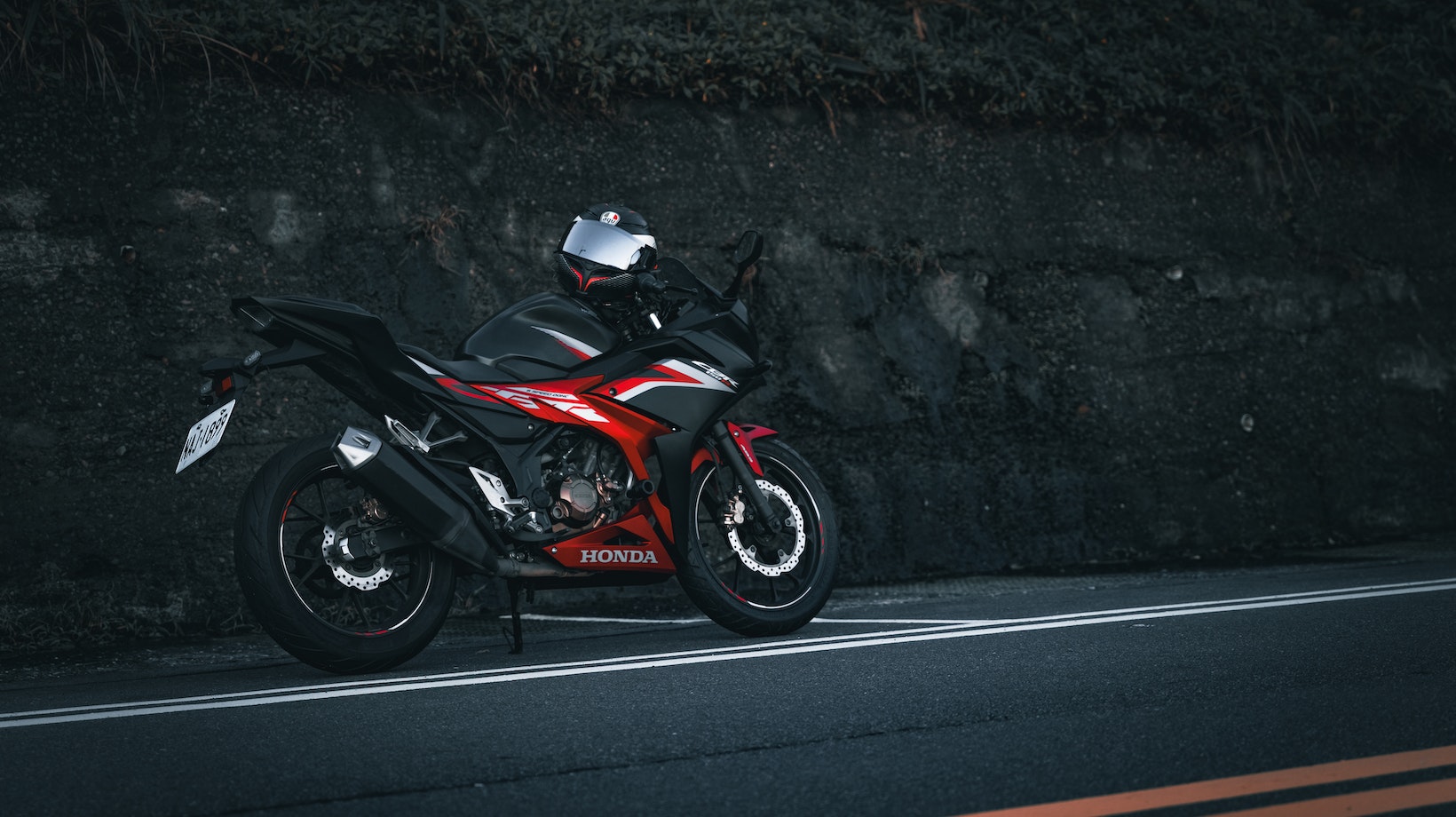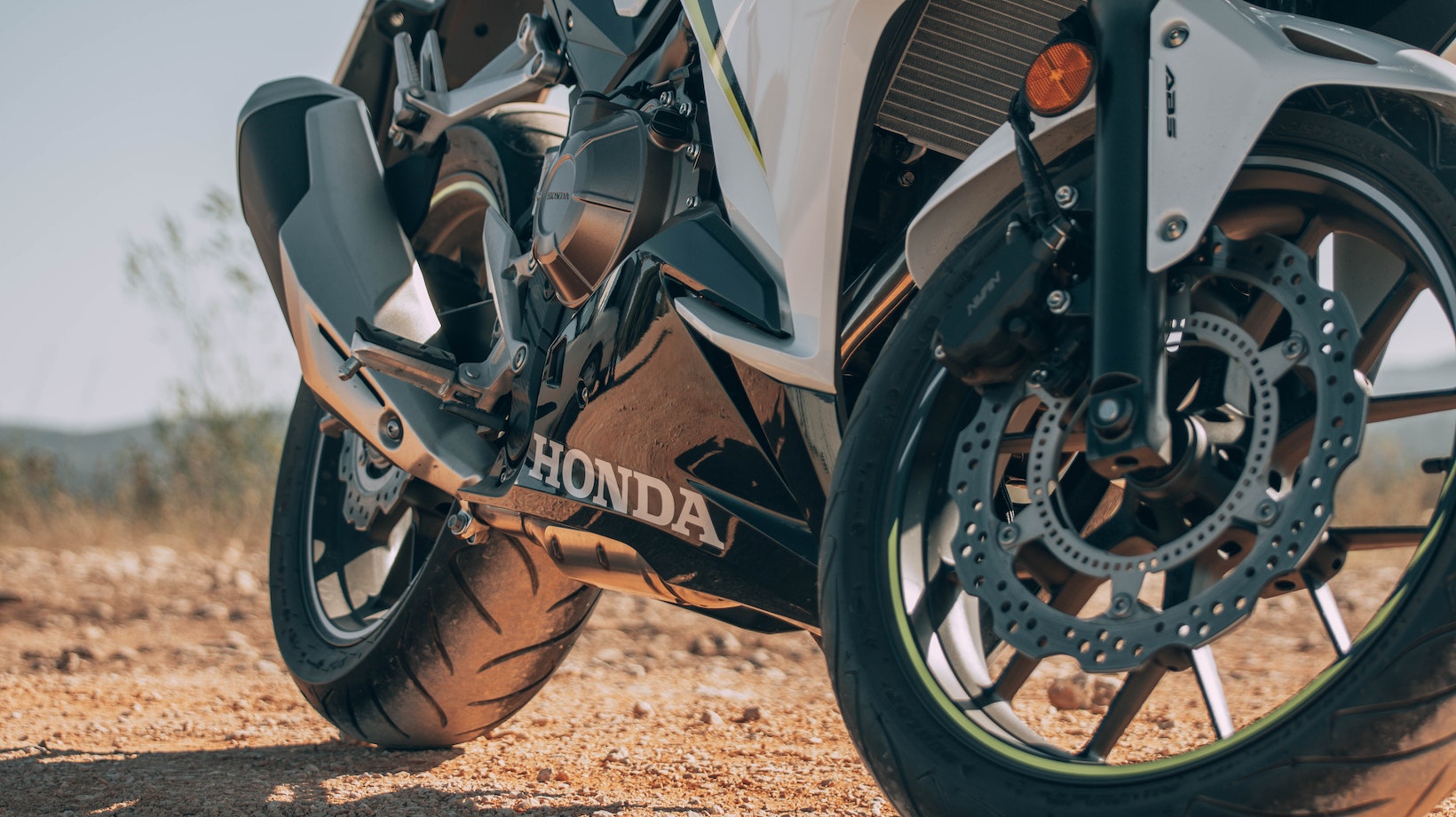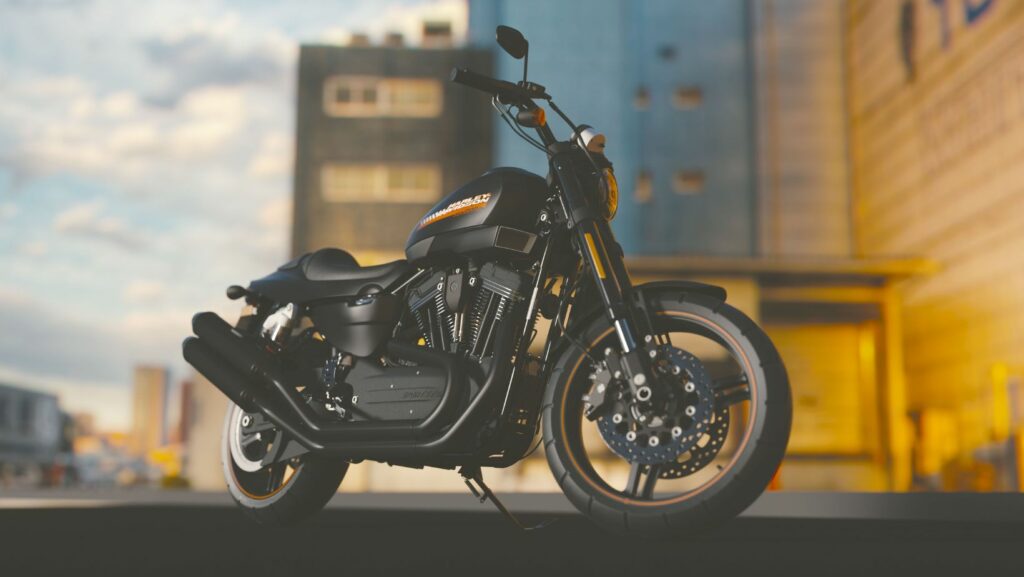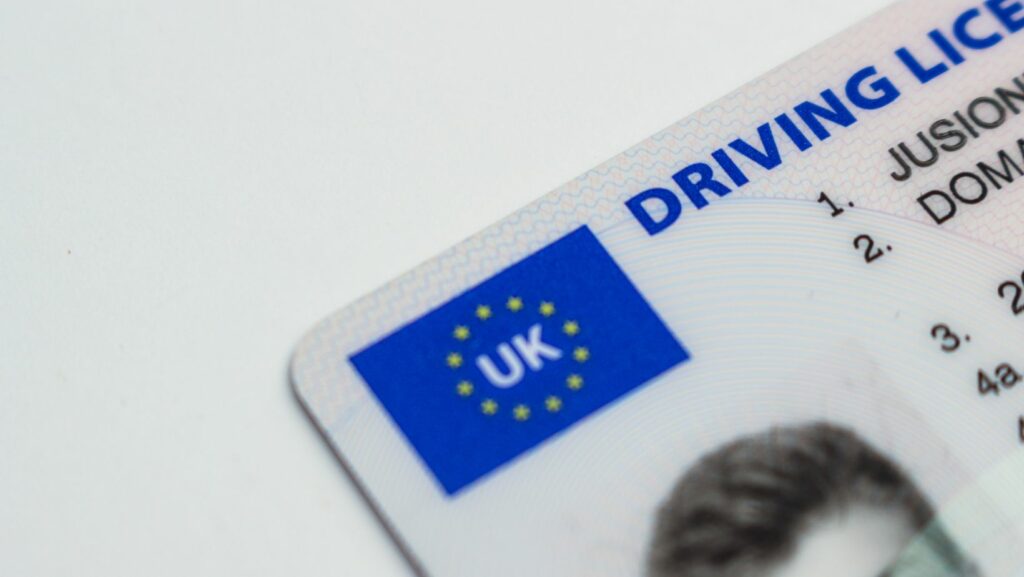
What Is a Blue Book Value
Let’s kick things off with a simple question – what exactly is a ‘Blue Book Value’? When we’re talking about motorcycles, cars, or other vehicles, the term ‘Blue Book Value’ refers to the average price that consumers can expect to pay when buying or selling. It comes from Kelley Blue Book, a trusted vehicle valuation and automotive research company in the United States.
You see, they gather data from various sources including auctions, private sales, dealerships and their own economic analytics. They then crunch these numbers to provide an estimated value for different makes and models of vehicles. This value is known as the ‘Blue Book Value’.
Now you might be thinking, why does it matter? Well, let’s say you’re looking to buy or sell a Honda motorcycle. Having an idea of its Blue Book Value will give you an edge during negotiations. It ensures that buyers don’t overpay for used motorcycles while giving sellers an understanding of how much they can reasonably ask for.
It’s also worth noting that several factors contribute to this value like mileage, condition of the vehicle, location and market demand among others. So remember folks – when it comes to pricing your ride or setting your sights on one you’d like to buy- always check out its Blue Book Value first!

Importance of Motorcycle Blue Book Value
We’re about to delve into the significance of motorcycle blue book values, particularly focusing on Honda. So why is this value important? Simply put, it’s a trusted standard that helps you determine the fair market price for any used motorcycle. Whether you’re buying or selling, you don’t want to go in blind.
Now let’s flip the coin and consider from a seller’s perspective. You’ve been cruising around on your trusty Honda for years but now it’s time to part ways. To attract buyers without underselling yourself, you’ll need an accurate estimate of what your ride is worth – again, enter our friend: the blue book value.
It isn’t just individual buyers and sellers who benefit either; dealerships often rely on these values too! This ensures they set competitive prices that still maintain profitability.
Here are some key reasons why understanding motorcycle blue book value matters:
- Fair Pricing: Ensures both parties understand what constitutes a fair deal.
- Negotiation Power: Gives leverage during price discussions.
- Confidence: Creates confidence in knowing whether or not a price is reasonable.
- Avoid Scams: Helps avoid those looking to scam unsuspecting folks by overcharging or underpaying.
So next time you’re considering purchasing or selling a Honda or any other brand of motorcycle, remember how vital understanding its blue book value can be!
Motorcycle Blue Book Value Honda
We’ve all been there. You’re ready to sell your trusty Honda motorcycle, but you’re not sure what it’s worth. That’s where the Blue Book value comes in. Here we’ll break down how you can determine your Honda’s Blue Book value.
Firstly, let’s talk about what the “Blue Book” actually is. It’s a guide from Kelley Blue Book (KBB), a respected vehicle valuation and automotive research company in the United States. The Blue Book provides an estimated market value for used motorcycles and other vehicles based on their make, model, year, mileage, condition and location. To get started with finding your Honda motorcycle’s blue book value:
- Head over to KBB’s official website.
- Click on “Motorcycles” under the “What’s My Car Worth?” section.
- Select “Honda” as your manufacturer.
- Enter additional details such as model, year and mileage.
This process will give you an estimate of what buyers are typically willing to pay for a bike like yours in today’s market.
Now remember, these values are just estimates – they aren’t set in stone! Factors like aftermarket modifications or unique selling points could increase or decrease your bike’s actual market price. It’s also important to note that regional variations can come into play too; certain models might be more popular (and therefore valuable) in some parts of the country than others.



